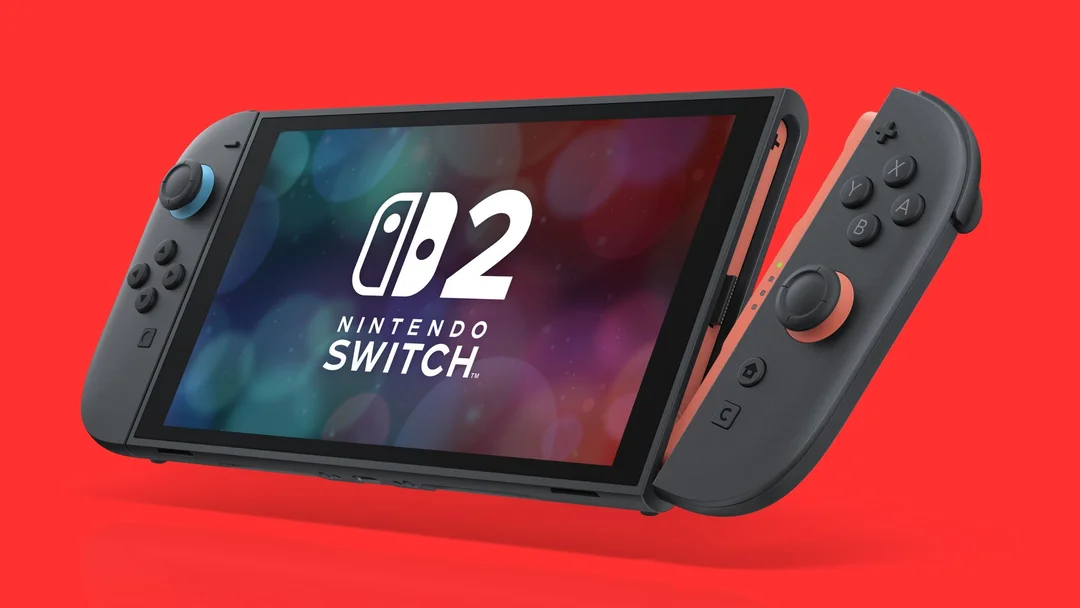
Is This the End of Gaming Consoles? Nintendo Switch 2 Faces Price Hikes and Shifting Industry Trends
The gaming landscape is shifting, and the Nintendo Switch 2 is at the center of it all. As the successor to a wildly popular console, the Switch 2's success is being closely watched. But is it the last of its kind? Some analysts are suggesting that traditional video game consoles are becoming relics of the past.
While the PlayStation 5, Xbox Series X/S, and handhelds like the Steam Deck still exist, the industry is experiencing a significant transformation. Let's delve into why consoles might be facing an existential crisis.
The Price Problem
One of the biggest hurdles the Switch 2 faces is its price. With an anticipated price tag of $450, it's more expensive than its predecessor and even rivals like the Steam Deck. Price hikes across the industry caused by tariffs and rising development costs are making consoles less accessible to the average consumer. As one analyst put it, "Most Americans can't afford basic costs of living, and wages have not kept up with inflation over decades."
Microsoft and Sony's Strategies
Microsoft has broadened its approach, viewing Xbox as an experience rather than a mere console. With Xbox Game Pass and Cloud Gaming, players can access games on various devices, reducing the need for dedicated hardware. "You don't even need an Xbox console to play these days," as noted by one source. Sony's PlayStation Plus offers a similar cloud streaming option, blurring the lines between hardware ownership and subscription-based access.
The Rise of Software and Services
The focus is shifting from hardware to software and services. Xbox head Phil Spencer emphasized that the "software part of the business is an easier part of the business to grow and scale." By expanding to multiple platforms, including mobile, companies can generate revenue beyond console sales.
Exclusivity Debate
However, this strategy has sparked controversy among some gamers. The value of console exclusivity, a long-standing driver of console choice, is diminishing as companies release titles on multiple platforms. A move that's been met with different reactions from player bases.
Nintendo's Unique Position
Nintendo remains a unique player in this evolving landscape. Exclusivity still reigns supreme: you won't find Mario Party on PC or Metroid Prime 4 on Xbox. Nintendo's approach hinges on a distinct ecosystem where hardware and software are intrinsically linked. This strategy may be the determining factor whether Nintendo will still have a future in the console market. As some have pointed out, the anticipation alone is enough to sell.
The Appeal for Alternatives
Smartphones and PCs offer alternatives to dedicated consoles. Mobile gaming is a massive market, especially in Asia. PCs, with their versatility, allow gamers to access a vast library of games across various storefronts. Handheld consoles like the Steam Deck are also gaining traction, offering PC gaming on the go.
What Does This Mean for the Future?
While consoles offer simplicity and optimized performance, the industry is evolving. Companies are prioritizing software, services, and multi-platform availability, leading to a less hardware-centric future. The Switch 2's performance will provide valuable insights into the console market's trajectory.
Will the Nintendo Switch 2 mark the end of an era or pave the way for a new kind of console? Share your thoughts in the comments below!